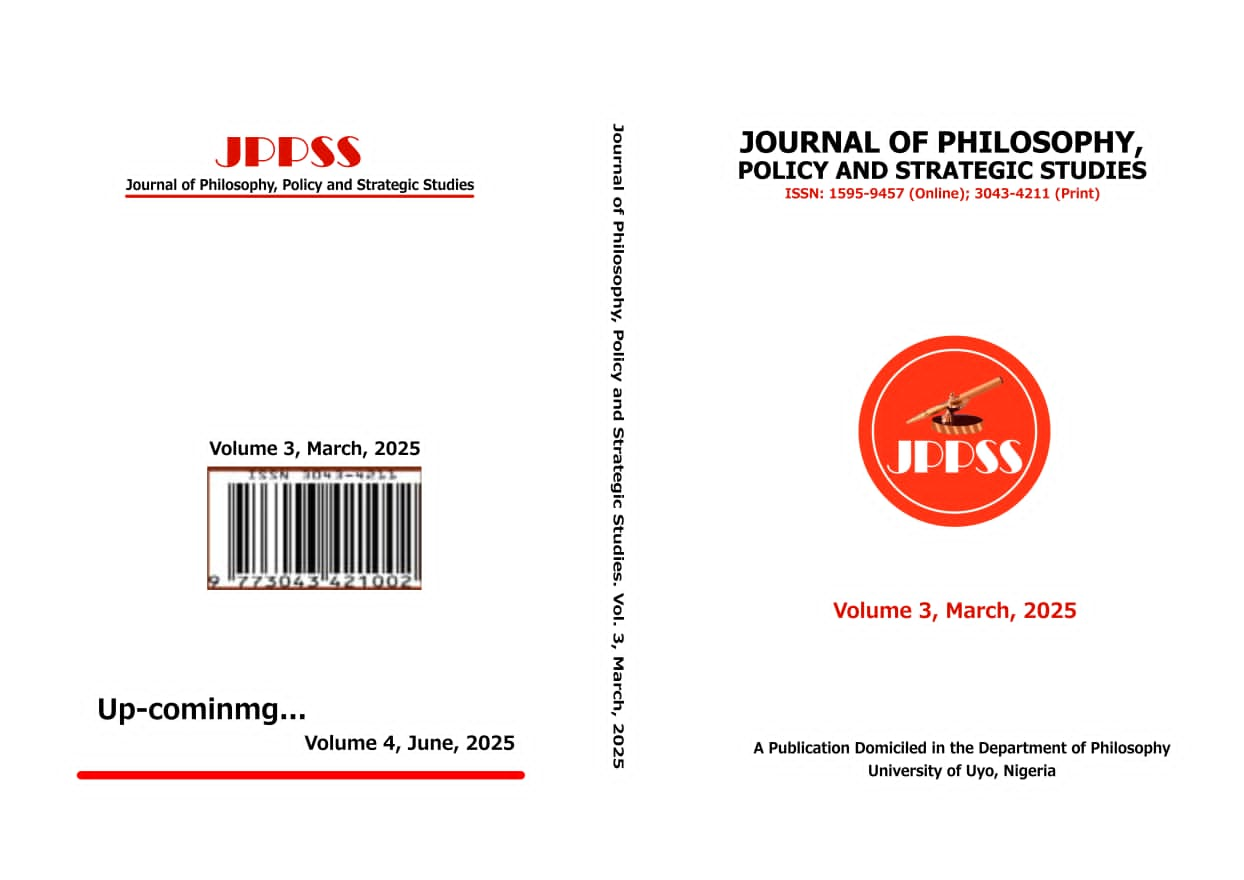AUTONOMY AND DEPENDENCE: PHILOSOPHICAL PERSPECTIVES ON SPECIAL PERSONS
By
Albert Ulutorti Green
Department of Special Education
St. Paul’s Theological college Awka, Nigeria
&
James Nnamdi Nweke
Department of Philosophy
Nnamdi Azikiwe University, Awka, Nigeria
Abstract
People with disabilities, in particular, frequently find themselves at the nexus of the lived realities of autonomy and dependence. The dichotomy between autonomy—defined as self-determination and independence—and the unavoidable dependence that people with special needs may experience due to social, environmental, and physical circumstances is examined in this article. Drawing on the works of philosophers like Martha Nussbaum, who supports a capacities approach that considers the various needs of individuals, and Immanuel Kant, who highlights autonomy as essential to moral agency, this study reexamines the ethical frameworks applied to special persons. It highlights how lived reality of people with disabilities is often overlooked or undervalued by traditional philosophical theories of autonomy, particularly when reliance on careers or specialized services is necessary. This essay argues that rather than lowering human dignity or autonomy, dependence is a relational feature of human existence that society should recognize and promote. This study provides a more complex picture of human agency that considers the different ways that special people negotiate their life. Using qualitative method of data collection. It also takes into account how important inclusive behaviors are in fostering the autonomy of people with special needs while recognizing their dependency with others. The paper concludes that philosophical and ethical paradigms need to be reconsidered in order to enable special people to exercise their autonomy without being stigmatized for their dependence. This will help to create a more compassionate and equitable society that respects the dignity of special people.


